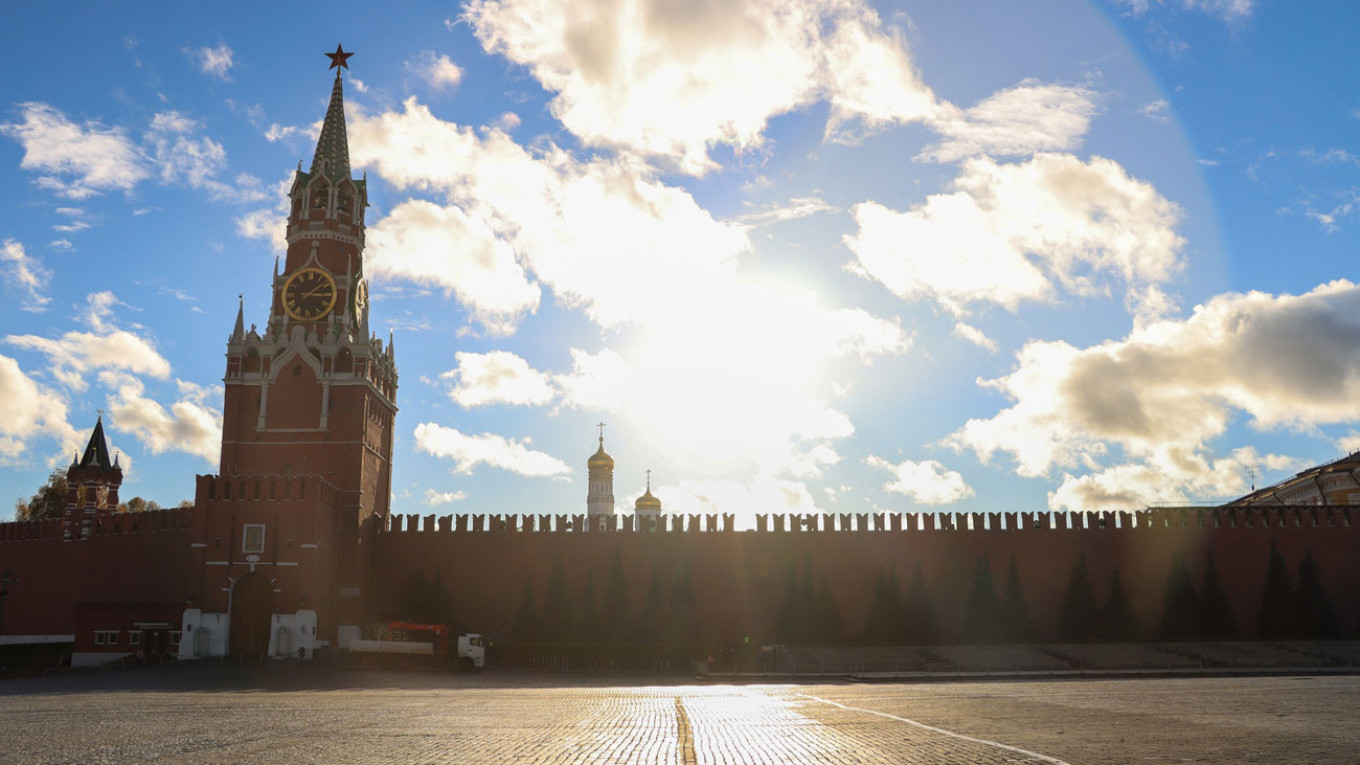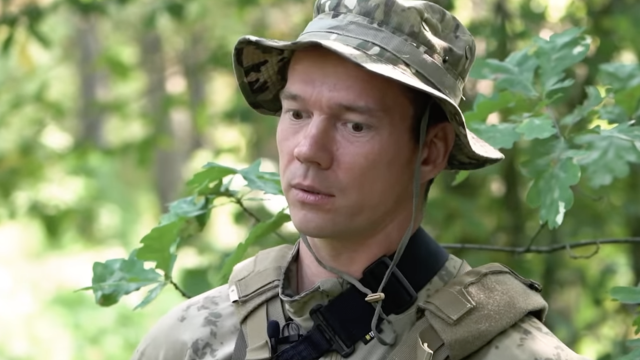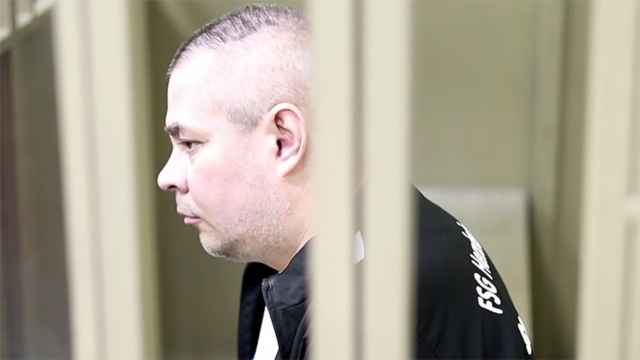As Russian forces retreated from Ukraine’s Kharkiv region in the face of last week’s successful Ukrainian counteroffensive, some of the strongest criticism of the Kremlin has come from the strongest supporters of its invasion.
These so-called “pro-war bloggers” have become an increasingly popular source of information about the fighting in Ukraine, amassing huge online followings on the Telegram messaging app.
They include those with ties to Russian officials, those close to mercenary group Wagner, former security officers and journalists for state-run news outlets.
Often enjoying access to frontline areas and Russian military commanders mostly off-limits to other journalists, these hawkish, patriotic commentators are outspoken supporters of Russia’s invasion — and don’t shy away from criticizing the Kremlin’s battlefield strategies.
As Russia’s military campaign in Ukraine continues to falter, we look at the unusual role these channels play in Russian media, how they operate and who is worth reading.
What is a Russian “pro-war blogger”?
After President Vladimir Putin ordered troops over the Ukrainian border in February, a group of men with connections to the military have been using Telegram to deliver live updates on the course of the war.
These bloggers regularly share in-depth maps and information from the frontlines. They also detail Ukrainian failures, parrot extreme nationalist views and offer ways people can help Russian troops fighting at the front.
Why are they important?
Often with hundreds of thousands of followers, pro-war channels occupy a curious niche in the Russian media landscape. Following a crackdown that virtually wiped out independent war coverage, the pro-war channels are some of the only platforms in Russia to deliver relatively reliable information about the situation at the front.
But pro-war bloggers have grown increasingly frustrated with the Kremlin and Russia’s Defense Ministry as Russian forces continue to suffer setbacks — making them a potential threat to the official narrative.
Following last week’s Ukrainian counteroffensive in the Kharkiv region, Starshe Eddi, a popular pro-war blogger with over half a million followers, wrote that “the Armed Forces of Ukraine have completely outplayed our command.”
Who are they?
Pro-war channels fall into several categories, from anonymous channels to prominent journalists embedded with Russian forces.
Among the most prominent anonymous channels is Rybar — meaning “fisherman” — which has 790,000 followers. The channel publishes high-quality maps of the frontlines as well as frequent photos and videos of the aftermath of fighting. It regularly offers criticism of the Kremlin and the Russian Defense Ministry.
Amid Ukraine’s advances in the Kharkiv region last week, Ribar wrote: “Let's be blunt: now is not the moment when you can be silent and say nothing.”
Some anonymous bloggers are reportedly linked with Russian mercenary outfit Wagner, including Reverse Side of the Medal, with 160,000 subscribers, and Grey Zone, which has 310,000 subscribers.
Other prominent pro-war bloggers include Igor Girkin — known by the alias Igor Strelkov — a former Russian intelligence officer who led pro-Russian separatist forces in eastern Ukraine in 2014.
Strelkov has been one of the most outspoken critics of the Russian leadership, stating in a video address last week that: “We have already lost, the rest is just a matter of time.”
But not all of these bloggers come from a military background. Novelist Zakhar Prilepin, the ex-leader of the ultra-conservative For Truth party, regularly posts updates of Russian military activity in Ukraine, occasionally stopping to share fury at Russia's failures.
"The events in the Kharkiv direction can rightfully be called a catastrophe," said one post Prilepin shared last week.
Are there any state journalists among them?
Yes. Pedaling a similar sort of nationalism, war reporters for state-run media outlets are subject to varying levels of censorship — but are often close to the fighting.
They include Kotsnews, the Telegram channel of Alexander Kots, a war reporter for tabloid Komsomolskaya Pravda. Like other state journalists, he has recently been critical of the Defense Ministry.
“We need to start doing something about the system where our leadership doesn’t like to talk about bad news, and their subordinates don’t want to upset their bosses,” he posted.
Other channels run by war correspondents include Alexander Sladkov, who has 900,000 followers, and War Gonzo, run by Semyon Pegov, which has 1.1 million followers.
These channels often offer exclusive footage from the frontlines: Pegov, for example, was the only journalist in Izium when it was surrounded by Ukrainian forces last week.
Are there channels with ties to officials?
Yes. Although these bloggers rarely stray from the Kremlin line, they can sometimes be more outspoken than officials who generally remain tight-lipped.
These reportedly include Starshe Eddi, run by war blogger German Kulikovsky, who was one of the few bloggers to predict the invasion before it happened; and Colonel Cassad, with 750,000 followers, which is run by Boris Rozhin.
Why do they matter?
Initially a source of unquestioning support for the Kremlin, these pro-war bloggers have become increasingly disillusioned with those in charge of the Russian war effort, threatening to become a problem for officials looking to project a narrative of success in Ukraine.
If the Kremlin looks to stamp out these dissenting voices, they could find themselves facing fines or lengthy prison sentences under strict wartime censorship laws.
Asked about criticism from bloggers on Tuesday, Kremlin spokesman Dmitry Peskov set out the increasingly precarious line these pro-war commentators walk.
“Russians support the president,” Peskov said, RIA Novosti reported.
“As for other points of view, critical points of view, as long as they remain within the law, this is pluralism, but the line is very, very thin, one must be very careful here.”
A Message from The Moscow Times:
Dear readers,
We are facing unprecedented challenges. Russia's Prosecutor General's Office has designated The Moscow Times as an "undesirable" organization, criminalizing our work and putting our staff at risk of prosecution. This follows our earlier unjust labeling as a "foreign agent."
These actions are direct attempts to silence independent journalism in Russia. The authorities claim our work "discredits the decisions of the Russian leadership." We see things differently: we strive to provide accurate, unbiased reporting on Russia.
We, the journalists of The Moscow Times, refuse to be silenced. But to continue our work, we need your help.
Your support, no matter how small, makes a world of difference. If you can, please support us monthly starting from just $2. It's quick to set up, and every contribution makes a significant impact.
By supporting The Moscow Times, you're defending open, independent journalism in the face of repression. Thank you for standing with us.
Remind me later.







